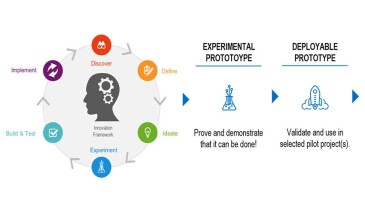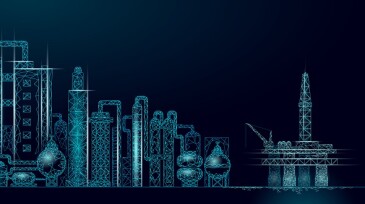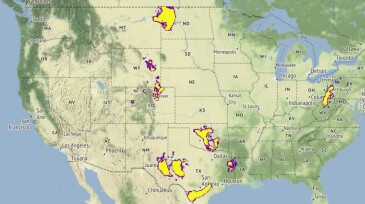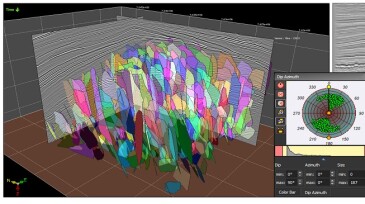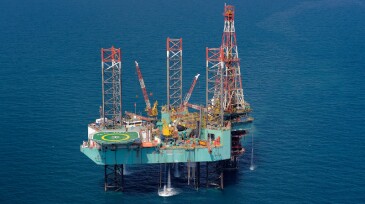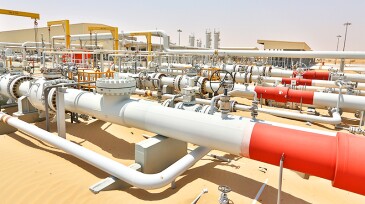AI/machine learning
This paper introduces an agentic artificial-intelligence framework designed for offshore production surveillance and intervention.
In the past year, publications on CO2, natural gas, and hydrogen storage have increasingly focused on the design, evaluation, and optimization of storage plans. These efforts encompass a broad spectrum of challenges and innovations, including the expansion of storage reservoirs from depleted gas fields and saline aquifers to stratified carbonate formations and heavy-o…
Reaching further than dashboards and data lakes, the agentic oil field envisions artificial intelligence systems that reason, act, and optimize.
-
Developing alternative power supplies with wide-scale reliability, dependability, and minimization or elimination of GHG emissions within feasible capex/opex scenarios is the brass ring of sustainability and energy security—and data are helping us get there.
-
This paper presents the design and development of a prototype intelligent water-injection and smart allocation tool aimed at achieving autonomous waterflood operations.
-
In the pursuit of sustainable industrial operations, three pivotal objectives emerge: risk reduction, safety assurance, and cost minimization. Integrating these objectives into digital transformation strategies enables operators to effectively manage emissions and achieve success.
-
Supervised learning was used to develop an ensemble of models that account for historical production data, geolocation parameters, and completion parameters to forecast production behavior of oil and gas wells.
-
The combined effort aims to reduce the time necessary for and increase the detail and accuracy of seismic interpretation, including for carbon sequestration studies.
-
The national oil company credits lean operating practices and AI for making the three-well, 45,000 B/D project economically viable.
-
From the first supercomputer to generative AI, JPT has followed the advancement of digital technology in the petroleum industry. As the steady march of innovation continues, four experts give their views on the state and future of data science in the industry.
-
The act aims to create safeguards around general purpose artificial intelligence, limit the use of biometric identification systems by law enforcement, and ban social scoring the untargeted scraping of facial images from CCTV footage to create facial recognition databases.
-
More than two dozen artificial intelligence systems are being celebrated for delivering massive value to the national oil company.
-
The company says it has used more than 30 AI tools to unlocked significant value across its full value chain.





